Here are some key facts about the Indian Constitution:
Alright, picture this. You’re playing a game with your friends. Everyone’s excited, the snacks are ready, but… wait. No one knows the rules. Chaos, right? That’s where the rulebook comes in. It tells you how to play, what’s allowed, and how to deal with anyone who breaks the rules.
Now imagine a country as big, diverse, and wonderfully chaotic as India. Over a billion people, hundreds of languages, dozens of religions, and a zillion opinions. How does it all work? How does everything not just fall apart?
Enter: The Indian Constitution.
The ultimate rulebook. The guiding light. The boss-level document that tells everyone — from the Prime Minister to the common citizen — what’s what.
🧠 So, What Even Is a Constitution?
Let’s start simple. A constitution is basically a set of rules and principles by which a country is governed. It tells us:
- How the government works
- What powers the leaders have
- What rights the people enjoy
- How laws are made, changed, or removed
Think of it like the user manual of a country. If India were a machine (a super-complicated but fascinating one), the Constitution would be the instruction booklet. And trust me — this one’s thick.
📜 How Did India Get Its Constitution?
After gaining independence from the British in 1947, India needed its own framework to govern itself. We couldn’t just keep using colonial-era laws forever (that would be like still using your ex’s Netflix account… not ideal).
So, in 1946, India set up a Constituent Assembly. This was a group of some of the smartest and most visionary people the country had — freedom fighters, lawyers, scholars, and leaders — who came together to write a brand-new Constitution.
Dr. B.R. Ambedkar, also known as the “Father of the Indian Constitution,” led the charge. The team debated, discussed, argued, agreed, and sometimes even fought for nearly three years (2 years, 11 months, and 18 days, to be exact).
Finally, on 26th January 1950, India’s Constitution came into force. That’s why we celebrate Republic Day on that date — not just for parades and patriotic songs, but to remember the day we officially became a republic with our own rules.
📚 What’s Inside the Indian Constitution?
Okay, here’s where it gets juicy.
The Indian Constitution is the longest written Constitution in the world. It has:
- 395 Articles (originally)
- 12 Schedules
- More than 100 Amendments
- And over 145,000 words — yeah, it’s no bedtime read.
But what makes it awesome is how it tries to cover everything — from how elections should happen to how citizens should behave.
Some of the major parts:
1. Preamble
This is like the intro to a novel. It sets the vibe. Our Preamble begins with:
“We, the people of India…”
It says we’re a Sovereign, Socialist, Secular, Democratic Republic, and we promise justice, liberty, equality, and fraternity to all.
In short: it’s a superpowered elevator pitch for India.
2. Fundamental Rights
These are your basic rights. Things that are guaranteed to every Indian citizen, no matter who they are.
You’ve got:
- Right to Equality
- Right to Freedom
- Right against Exploitation
- Right to Freedom of Religion
- Cultural and Educational Rights
- Right to Constitutional Remedies
They’re like your permanent superpowers as an Indian. If someone violates them, you can literally go to court and demand justice.
3. Directive Principles of State Policy
These aren’t legally enforceable, but they’re like goals for the government. Kind of like a to-do list.
Things like:
- Making sure everyone gets enough to eat
- Providing healthcare and education
- Protecting the environment
Basically, they push governments to be better and more humane.
4. Fundamental Duties
Yup — along with rights come duties. Like being patriotic, respecting the national flag and anthem, protecting public property, promoting harmony, etc. You get the idea — be a good human.
🏛️ How’s the Government Structured?
The Constitution lays down the blueprint for how India is governed. It divides powers between three branches:
1. Legislative – Makes the laws
That’s the Parliament (Lok Sabha + Rajya Sabha)
2. Executive – Enforces the laws
Includes the President, Prime Minister, and Council of Ministers
3. Judiciary – Interprets the laws
Led by the Supreme Court and includes High Courts and lower courts.
And India follows a federal system, which means power is shared between the central government and state governments.
Each level has its own powers — kind of like co-parenting a giant, diverse family.
⚖️ Why Is It So Special?
Good question! Here’s what makes the Indian Constitution truly one-of-a-kind:
1. It’s Flexible AND Rigid
Sounds confusing, right? But it means some parts can be easily changed (amended), while others require special procedures. This makes it adaptable without losing its backbone.
2. It’s Super Inclusive
It doesn’t care what religion you follow, where you’re from, what language you speak — it protects everyone equally.
3. It’s Democratic to the Core
“Of the people, by the people, for the people” — that’s not just poetry here. The Constitution puts we the people right at the top.
🛠️ Amendments – Tweaking the Rulebook
Life changes, society evolves — and so must the rules. That’s why the Constitution allows for amendments.
For example:
- In 1976, the word ‘secular’ was added to the Preamble.
- The 73rd Amendment brought in Panchayati Raj — giving power to local self-governments.
- The Right to Education became a Fundamental Right in 2002.
It’s like updating your phone software — fixes bugs, adds features, keeps things running smooth.
👨⚖️ The Supreme Court – Guardian of the Constitution
If the Constitution is the rulebook, the Supreme Court is the referee. It makes sure the government plays fair, follows the rules, and protects citizens’ rights.
In fact, anyone can go to court if they believe their Fundamental Rights are being violated. That’s called Public Interest Litigation (PIL) — and it’s a game-changer for ordinary citizens.
🤔 Why Should You Care?
Now you might be thinking, “Okay cool, but why should I care about this dusty old book?”
Well… because it’s the reason:
- You can vote
- You can speak your mind
- You can follow your religion
- You can protest
- You have a fair trial
- And no one — not even a politician — can mess with your rights
The Constitution is what makes India not just a country, but a functioning democracy.
It protects you. Empowers you. And gives you a voice.
🧠 Final Thoughts: A Living, Breathing Document
The Indian Constitution isn’t just words on paper. It’s a living document — constantly evolving, reflecting society, adapting to new challenges.
It’s not perfect — no document is — but it’s powerful, ambitious, and incredibly ahead of its time.
And most importantly?
It’s ours. Written by Indians, for Indians. To protect every shade of India, from Kashmir to Kanyakumari.
So the next time someone mentions the Constitution, don’t just nod politely. Smile. Because that mighty document is the reason you’re free to speak, think, dream — and yes, even disagree.

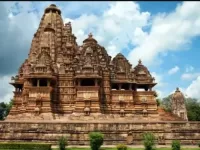












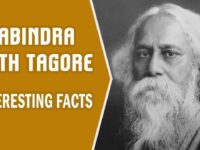
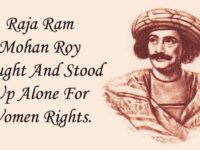







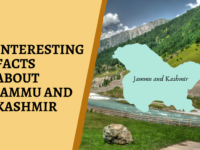
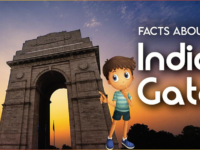




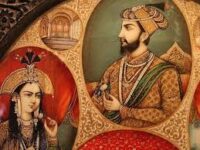
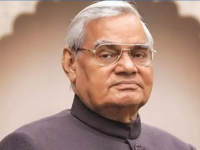









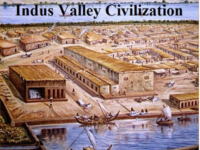











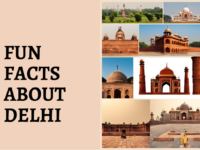



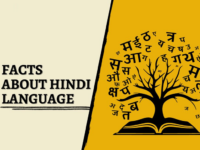










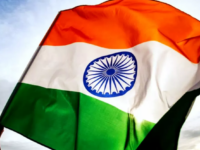

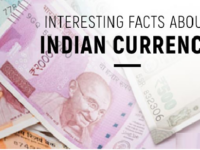
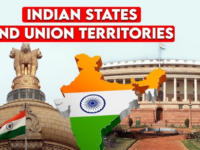







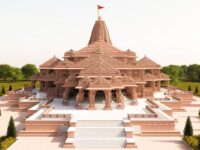








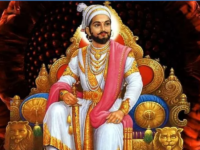









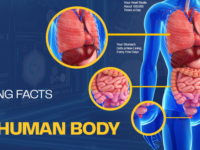




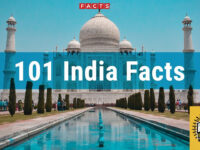

0 Comments